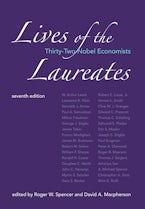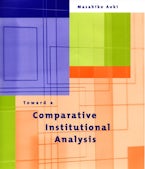The Nobel Prize in Economics was awarded to Herbert Simon in 1978. At Carnegie-Mellon University he holds the title of Professor of Computer Science and Psychology. These two facts together delineate the range and uniqueness of his contributions in creating meaningful interactions among fields that developed in isolation but that are all concerned with human decision-making and problem-solving processes. In particular, Simon has brought the insights of decision theory, organization theory (especially as it applies to the business firm), behavior modeling, cognitive psychology, and the study of artificial intelligence to bear on economic questions. This has led not only to new conceptual dimensions for theoretical constructions, but also to a new humanizing realism in economics, a way of taking into account and dealing with human behavior and interactions that lie at the root of all economic activity.
The sixty papers and essays contained in these two volumes are grouped under eight sections, each with a brief introductory essay. These are: Some Questions of Public Policy, Dynamic Programming Under Uncertainty; Technological Change; The Structure of Economic Systems; The Business Firm as an Organization; The Economics of Information Processing; Economics and Psychology; and Substantive and Procedural Reality.
Most of Simon's papers on classical and neoclassical economic theory are contained in volume one. The second volume collects his papers on behavioral theory, with some overlap between the two volumes. The second edition of Simon's widely read and referenced The Sciences of the Artificial was published by The MIT Press 1981 and is available in both hardcover and paperback.











